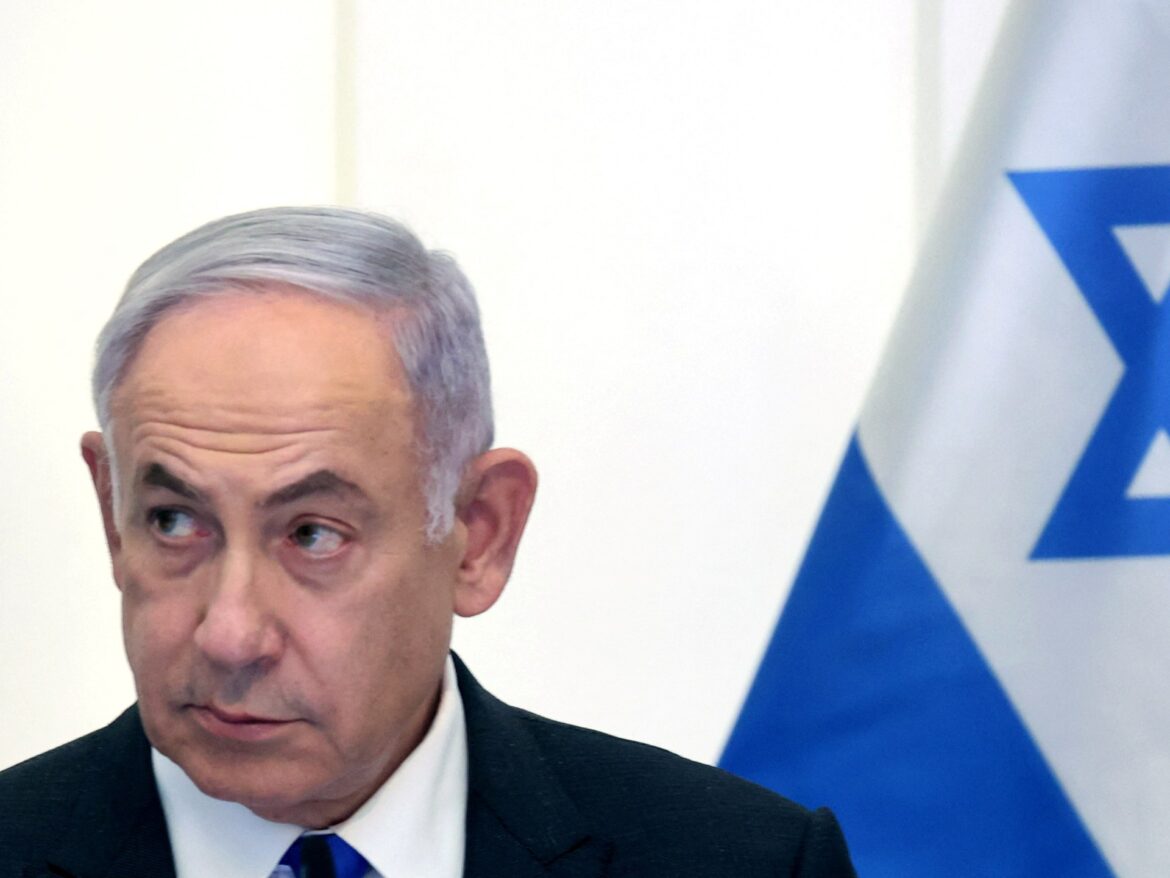6/6/2024–|Last updated: 6/6/202407:30 PM (Mecca time)
The Israeli newspaper Haaretz published a political analysis by writer Anshel Pfeffer, stating that Israeli Prime Minister Benjamin Netanyahu and the generals of the occupation army “secretly want to end the war” in the Gaza Strip.
The writer pointed out that Netanyahu always wants to have as many options as possible, and he has concluded that he needs an option to end the war. According to the writer, Netanyahu’s motives for stopping the fighting differ from those of his generals.
The Israeli Prime Minister is now ready to consider the option of ending the war, although – for obvious political reasons – he cannot say so.
The same also applies to the two members of the war cabinet, Benny Gantz and Gadi Eisenkot, who publicly say that the war must continue after a short cessation of the hostage agreement.
According to Pfeiffer, Chief of Staff Herzi Halevy shares the same position as Gantz and Eisenkot, as he alluded to the families of the hostages he met two weeks ago, and said that the army “achieved 80% of its goals in Gaza” and the remaining 20% could wait.
The three officials share with Netanyahu their inability to declare their desire to end the war on Gaza, and they are looking for a way to end it.
The writer addresses the reasons that push these people to search for a way to end the war on Gaza. Unlike Netanyahu, they have fewer personal and political reasons.
According to the newspaper, the three officials realize that any realistic campaign to eliminate the control of the Islamic Resistance Movement (Hamas) in Gaza will take years, and can only be undertaken when the security forces of the Palestinian Authority have the ability to begin to take control there.
This matter will take a long time, and it must be done under another government. Ministers Itamar Ben Gvir and Bezalel Smotrich are doing everything in their power to prevent this from happening as long as they remain ministers.
Gantz, Eisenkot, and Halevy are also concerned about Israeli society’s war fatigue and fatigue, and the need to replenish regular and reserve units in the Israeli army.
In addition to the war in Gaza, they are deeply concerned that the situation on the northern border and the limited clash with Hezbollah could spiral out of control.
Therefore, it is necessary to cease fire in the Gaza Strip, and resolve the problem with Hezbollah, either through a major military operation or reaching a political solution through diplomatic means.
Most important of all – according to the author of the analysis – is that they know that the chances of returning the resistance prisoners in Gaza alive diminish with the passage of time and the continuation of the war.
Despite what the writer pointed out about the advantage of wartime, he believes that the next round of war with Hamas is inevitable, but it could be more limited and should not happen immediately.



